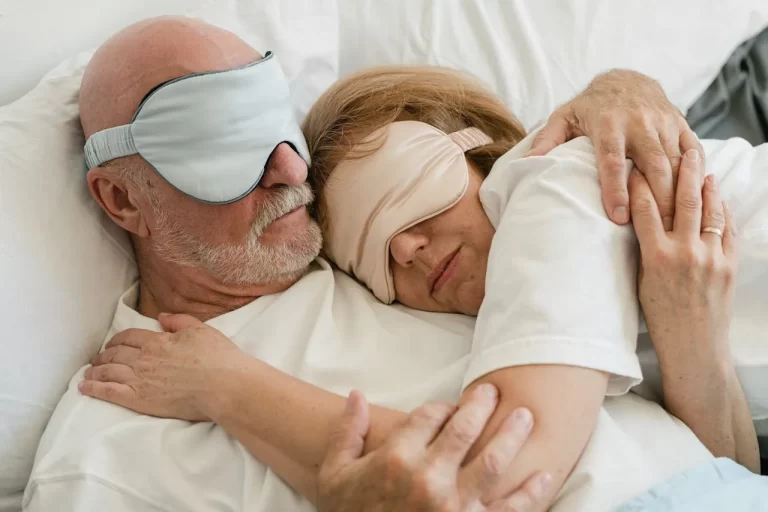Sleeping masks are often touted as a simple and effective tool for improving sleep quality. This article explores how sleeping masks work and the benefits they offer, helping you determine if they could be a useful addition to your bedtime routine.
How Sleeping Masks Affect Sleep
Blocking Out Light
One of the primary functions of sleeping masks is to block out light, creating a dark environment that can encourage the production of melatonin, the sleep hormone. This can be particularly beneficial for individuals in urban settings or those with irregular sleep schedules.
Encouraging Deeper Sleep
By eliminating visual stimuli, sleeping masks can help reduce the time it takes to fall asleep and potentially increase the duration of deep sleep, leading to a more restorative sleep experience.
Subscribe for Free for More Health Blog Articles
Evaluating the Benefits and Considerations
Comfort and Material
The effectiveness of a sleeping mask often depends on its material and fit. A comfortable mask made from breathable fabric can enhance sleep quality without causing discomfort or skin irritation.
Personal Sleep Environment
Consider your typical sleep environment and habits. Sleeping masks can be especially useful for daytime sleepers, frequent travelers, or anyone trying to sleep in a brightly lit space.
Taking Action: Choosing and Using a Sleeping Mask
- Select the Right Material: Opt for a mask that is soft, breathable, and fits well. Materials like silk or padded cotton can provide comfort without putting pressure on the eyes.
- Test for Light Blocking: Ensure the mask blocks light effectively by trying it in a well-lit room. A good mask should not allow light to seep through.
- Incorporate into a Sleep Routine: Introduce the sleeping mask into your nighttime routine gradually to allow your body to adjust to the new sleep aid.
Subscribe for Free for More Health Blog Articles
Conclusion
Sleeping masks can be a valuable tool for enhancing sleep quality, particularly for those sensitive to light or with irregular sleeping problems. By selecting the right mask and integrating it into your sleep routine, you can potentially improve your sleep quality and overall well-being.
This blog post aims to be informational and should not replace professional medical advice. Always consult with a healthcare provider for personalized advice



